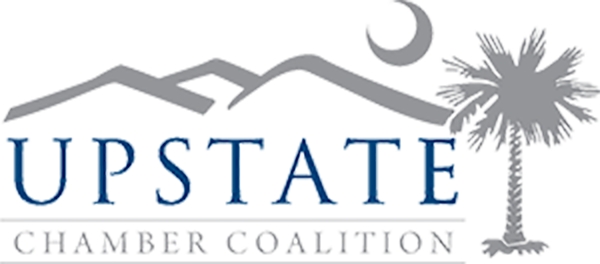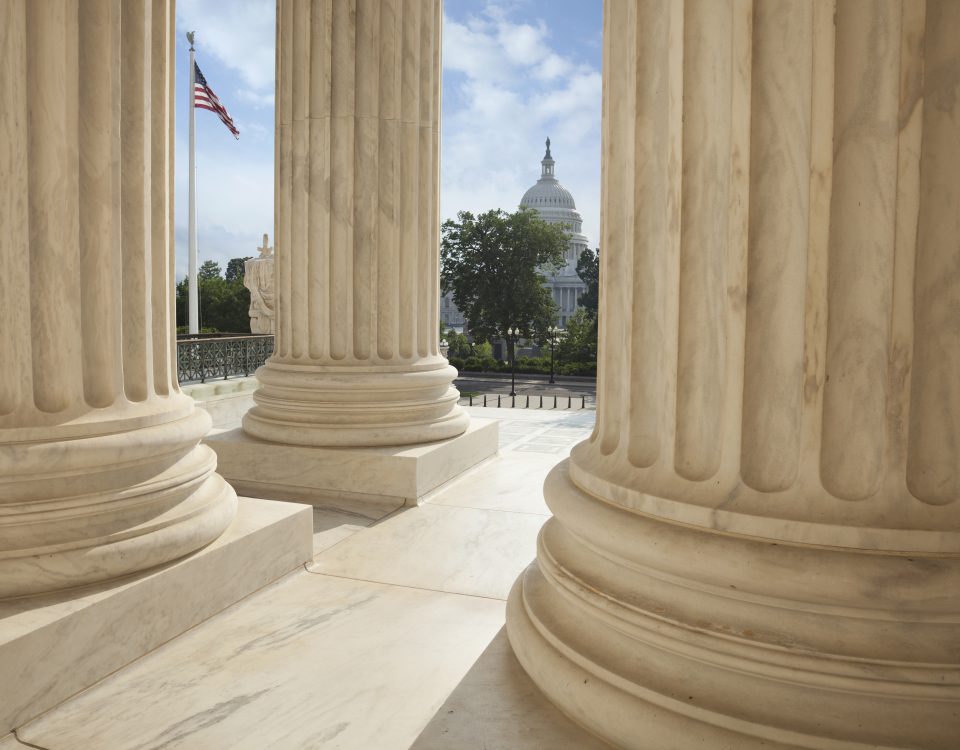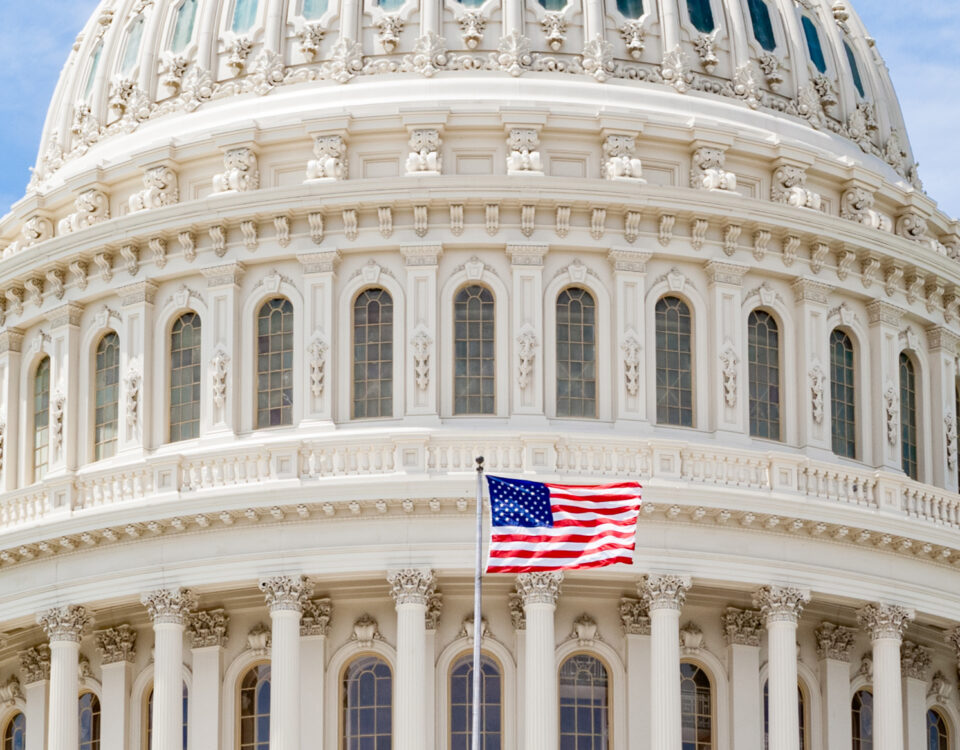
SC Businesses Need Liability Protections
March 2, 2021
UCC Issues Statement on Hate Crimes Bill
March 8, 2021COVID Legislation Update 3.3.21

We are keeping a running list of the status if major COVID-related pieces of legislation. There are several moving through the state General Assembly and Congress. Here is a quick run-down of the major pieces currently in the news.
State COVID Liability – S. 147
Last week, the South Carolina Senate passed the COVID Liability bill, S. 147. The passage included a few key amendments:
- Changes the bill from a safe harbor to immunity
- Changes it back to reckless or intentional conduct as opposed to “gross negligence” by the Judiciary Committee; and
- Changes the evidentiary standard back to a “clear and convincing” standard for most businesses.
The bill now moves to the House where we hope it will move quickly. Please contact your House member here.
State Vaccine Bill – H. 3707
H. 3707 was signed into law on February 19th. This bill allocates $208 million to allow spending on “eligible costs of administering the COVID-19 vaccine include, but are not limited to, those vaccination costs associated with staffing, security, traffic control, storage, transportation, mobile health units including the purchase, upfitting, staffing and operations thereof, and technology that have not been reimbursed by an insurer’s administration fee.” The $208 million will be dispersed as follows:
- $63 million to the state’s Department of Health and Environmental Control (DHEC),
- $45 million to the Medical University of South Carolina, and
- $100 million to the state vaccine reserve fund
- $75 million will go to hospitals and similar organizations and
- $25 million for other vaccine providers.
The bill would also allow for other healthcare providers to administer the vaccine, with proper training, and directs DHEC to divide available vaccines among four regions in the state.
Teacher Vaccine Bill – S. 516
Following a testimony from DHEC, which doubted the ability of the agency to add teachers to 1A and serve those already in the group, the House Ways and Means subcommittee provided a not favorable report and essentially killed the bill.
As a reminder, the bill passed the Senate 42-0 in February (with all Upstate Senators voting yes except for Senators Gambrell, Verdin, and Corbin, who had excused absences). Gov. Henry McMaster strongly opposed the legislation.
Governor McMaster announced yesterday that phase 1B groups including teachers and those who work in manufacturing, grocery stores, and public transit, will be eligible for vaccine appointments beginning March 8. The CDC recently released guides for schools to reopen, though COVID testing and vaccinations were not included in the guidelines.
Federal Stimulus Bill
The full U.S. House of Representatives passed President Biden’s $1.9 trillion stimulus package last weekend. We expect to see a very different bill presented in the Senate, as the Senate parliamentarian ruled that the $15 minimum wage increase provision violated the strict budgetary rules that limit what can be included in the stimulus package.
- Economic Impact Payments: Direct Payments up to $1,400 per person. As in the past, individuals earning less than $75,000 per year and married couples earning less than $150,000 would be sent the full amount. The Senate bill will likely see a faster phase out for those making over that cap, with payments completely cut off for individuals making over $80,000 and families making over $160,000. Adult dependents would be eligible for the payments.
- Unemployment Assistance: Pandemic Unemployment Assistance (freelancers, gig workers, independent contractors etc.) and Pandemic Emergency Employment Compensation (standard state unemployment) would be extended through August 29, and the federal weekly boost would increase from $300-$400.
- Nutrition Assistance: A 15 percent increase in food stamp benefits through September.
- Housing Aid: The bill would send approximately $1.9 billion to state and local governments to cover back rent, rent assistance and utilities to low-income households with unemployed residents. It would additionally give states and tribes $10 billion to provide mortgage payment assistance and other financial help to homeowners impacted by the pandemic. Finally, it would provide a total of $11 billion to provide rental assistance, homeless services and support, housing counseling and mortgage support.
- Tax credits for families and workers: The bill would expand the child tax credit to $3,600 for children under 6 and $3,000 for children under the age of 18. The bill also enhances the earned income tax credit for workers without children.
- Education and Childcare: $130 billion would be allocated to K-12 schools to help students return to the classroom.
- The money can be used on updates to ventilation systems, reducing class sizes to encourage social distancing, the purchase of PPE, and the hiring of support staff. It would require that schools use at least 20 percent of the money to address learning loss.
- At least $40 billion would be allocated to colleges with institutions being required to spend at least half the money to provide emergency financial aid grants to students.
- Finally, $39 billion would be allocated to childcare providers, with the amount to be based on operating expenses.
- State Aid: The legislation would provide $350 billion to state and local governments.
- Vaccines & Testing: The bill provides $14 billion dollars for vaccines, $46 billion for testing, contract tracing and mitigation and $7.6 billion to hire 100,000 public health workers to support coronavirus response. The bill would also invest $25 billion in addressing health disparities and protecting vulnerable populations.
More on the minimum wage issue: The initial proposed legislation would increase the federal minimum wage to $15 per hour by 2025, in stages. It would also guarantee that tipped workers, youth workers and workers with disabilities would be paid the full minimum wage. The House Democrats and some progressives believed it could be done through budget reconciliation, which would only require a majority of both the House and the Senate. However, reconciliation can only be used with matters related to taxing and spending, and while the House Democrats believe that square peg can be shoved in the round box, the Senate parliamentarian had a different view. Senior Senate Democrats created (and quickly shelved) a backup plan to incentivize a $15 wage through tax credits and penalties.



